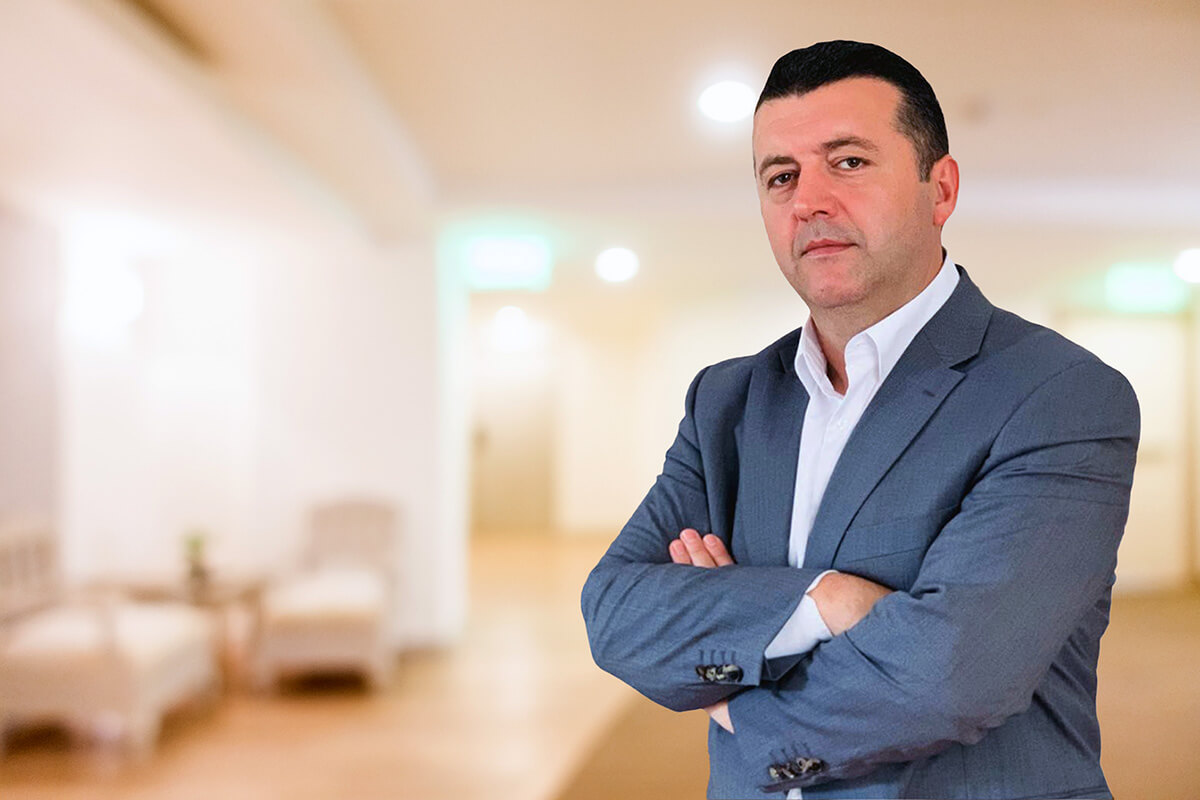Euractiv broadcast an interview with the director of the International Security Institute, Dr. Orhan Dragas, which he gave to the influential Finnish newspaper Suomen Kuvalehti
Serbian President Aleksandar Vučić knows that “Russia has become completely useless for Serbia”, but he will keep up his pro-Putin rhetoric to please his electorate in the run-up to the elections on 3 April, says Orhan Dragaš, a security expert in Belgrade.
Last month, Vučić dissolved parliament and called for parliamentary elections to be held early on 3 April, a year and a half after forming the government on the back of a vote boycotted by the main opposition. Along with parliamentary and presidential elections, Serbians will cast ballots in municipal elections in the capital of Belgrade.
Vučić is seen as an autocratic leader, but Dragaš predicts he will continue as president. He also expects a strong mandate for the right-wing Serbian Progress Party (SNS) led by Vučić.
In an interview for the oldest Finnish newspaper, Suomen Kuvalehti, published on Thursday (17 March), Dragaš, the founder and director of the Belgrade-based International Security Institute (ISI) and regularly contributes for EURACTIV, said that Vučić keeps juggling with the pro-Russian sentiments of his electorate.
However, he knows that his country’s relationship with Russia must change.
He also predicts a strong mandate for the right-wing Serbian Progress Party (SNS) led by Vučić.
Serbians, who are historically pro-Russian, became even closer to Moscow after the 1999 NATO bombing campaign on Belgrade during the Kosovo war.
Kosovo declared independence from Serbia in 2008, but Belgrade still considers it a province and counts on Russia’s support on the issues of border inviolability.
Serbia has blocked Kosovo’s access to several important organisations, including the UN, with Russian support. However, after the 2014 Crimea annexation and the recent recognition of the so-called independent regions of Donetsk and Luhansk, Russia’s support over the matter of Kosovo becomes useless.
Under Vučić, Serbia kept its policy of not joining EU sanctions against Russia. However, on the occasion of the recent vote in the United Nations, Serbia changed course, reportedly under EU pressure.
“Russia is isolated, and its voice no longer has much meaning in international forums. That is why Russia has become completely useless for Serbia as well,” says Dragaš.
Dragaš does not believe in a change of power in Serbia, but he believes that his country’s relationship with Russia must change.
“Russia may one day return to the international stage, but not under Putin. It will take years, maybe decades, and that is too long for any Russian partner.”
“If Putin were a candidate in Serbia, he would get more than 70% of the vote,” Dragaš says.
Unlike the other countries from central and eastern Europe which joined NATO ahead of the EU, Serbia has no plans to join the Atlantic alliance.
Support for NATO membership in Serbia is at a record low of around 20% but the attitude towards NATO will gradually change, Dragaš believes. In the present circumstance, Dragaš says that Serbia has no choice but to turn to the West. EU negotiations have been ongoing since 2014, although the progress has been slow. But despite this, the EU is Serbia’s main trading partner, with Russia accounting for only 6-7% of trade meaning they cannot afford to risk the relationship.
